STOP LAB CUTS
Medicare payment cuts threaten patient access to clinical laboratory services, which are essential to preventing and diagnosing diseases and conditions, empowering patients and their clinicians to make informed decisions about care. Tell Congress to pass the Reforming and Enhancing Sustainable Updates to Laboratory Testing Services (RESULTS) Act this year.
Screening and diagnostic tests performed by clinical laboratories inform
life’s most important health care decisions.
Scheduled reimbursement cuts under the Protecting Access to Medicare Act (PAMA) could jeopardize access to many of the clinical laboratory tests that are used to screen, diagnose, monitor, and manage common diseases for all patients, including more than 60 million seniors.
But the threat doesn’t stop there. After three rounds of up to 10 percent cuts, planned payment reductions of up to an additional 15 percent in 2027 could weaken the clinical laboratory infrastructure, making it more difficult to deliver routine health care and respond to the next public health crisis. Strong clinical laboratories are foundational to the U.S. health care system.
Medicare reimbursement cuts also curtail investment in the next generation of diagnostic tests, including those that enable personalized care for diseases like cancer.
IMPACT ON PATIENTS
Clinical laboratory tests play a critical role in health care. Without congressional action, lab tests will face payment cuts next year, with further reductions of up to 15% planned for 2028 and 2029. Learn more about how these tests are used and the potential impact of Medicare cuts on patients:
Diabetes
Heart
Disease
Kidney, Heart and Liver Conditions
Cancers
Chronic Kidney Disease
Viral
Hepatitis
HIV
THE PROBLEM
Without congressional intervention this year, laboratories across the country will face tough decisions potentially reducing services offered to patients and curbing investment in the next generation of diagnostic tests. Physician offices may stop offering essential laboratory tests, and independent laboratories could be forced to close. This could result in slower tests results or fewer test offerings. These cuts could jeopardize access to essential laboratory tests that guide clinical decision-making for patients with heart disease, diabetes, cancer, and many other common and complex conditions. In short, these scheduled Medicare cuts will undermine laboratory infrastructure essential for day-to-day care and critical to public health emergencies, while also stifling investment to advance innovative new screening and diagnostic tests.
Congress has acted on a bipartisan basis six times to “press the brakes” on harm caused by PAMA, and now is the time to put laboratory payment policy on the right trajectory for the long-term, with congressional action needed this year – before the next round of cuts go into effect in January 2027. The outcome of these cuts is predictable: Delayed and disrupted care could lead to poorer health or worse health outcomes for at-risk and vulnerable seniors.
THE SOLUTION
Congress must take action this year to fix the broken payment system and prevent further, deep cuts to clinical laboratories. The RESULTS Act would:
Preserve patient access to life-saving diagnostic tests that are foundational to informed clinical decision-making,
The RESULTS Act has the support of more than 60 leading patient / consumer and provider advocacy organizations that recognize the role of clinical laboratories in providing crucial healthcare information.





























































TAKE ACTION
Tell Congress to stop Medicare cuts to clinical laboratory testing.

